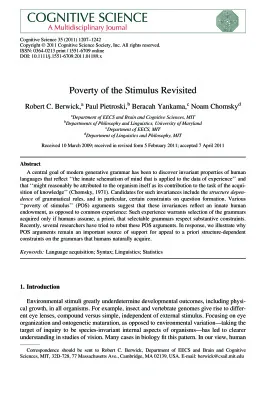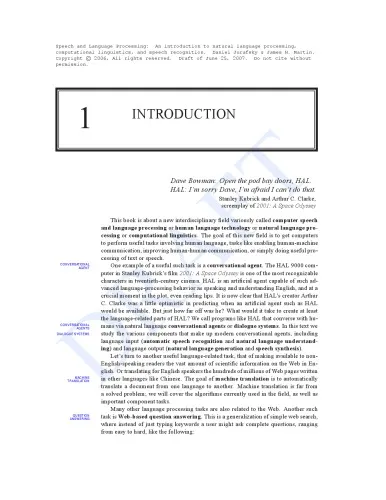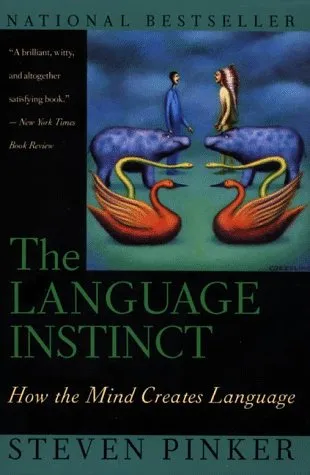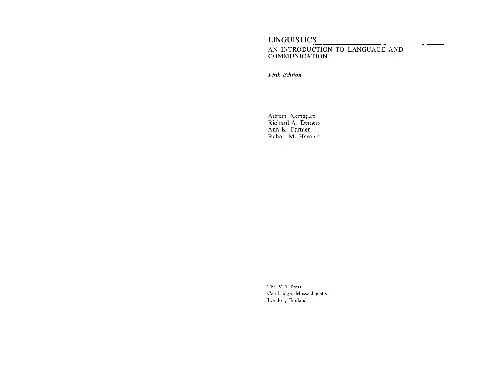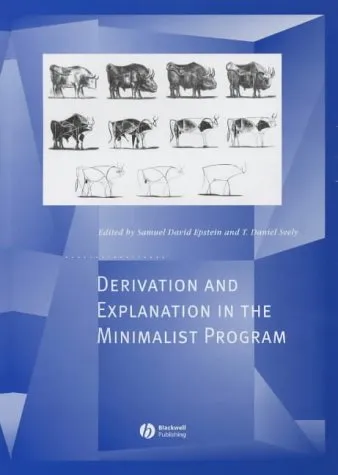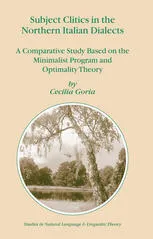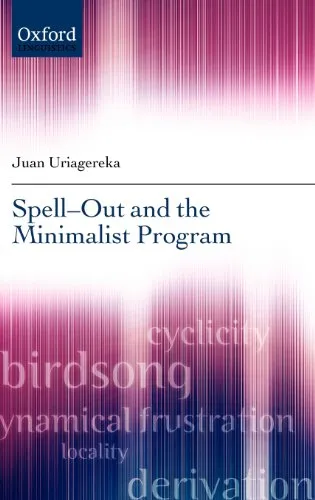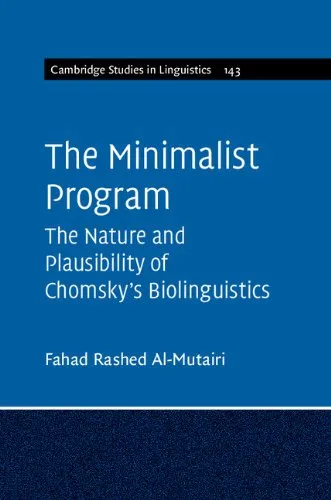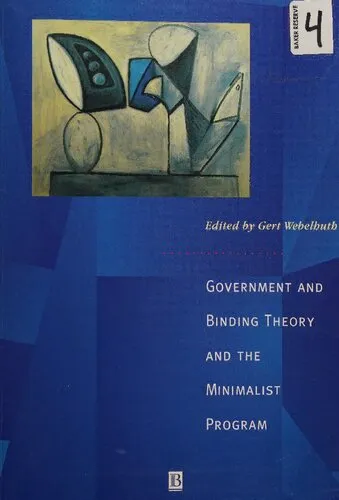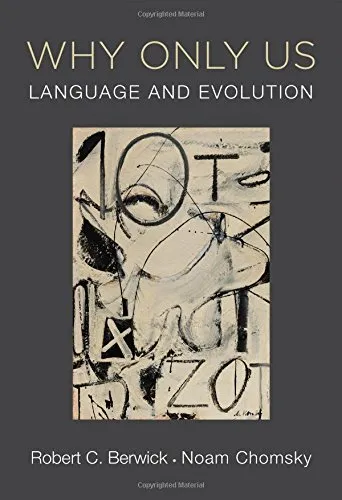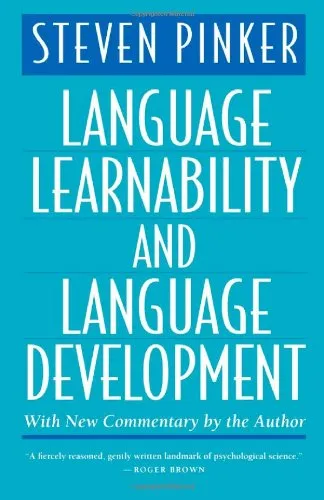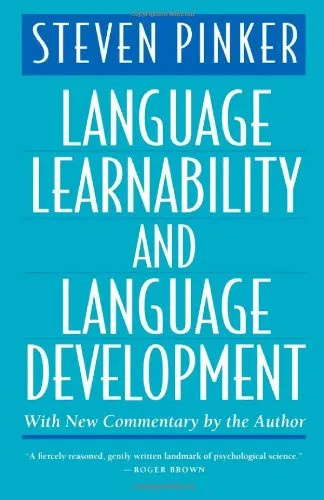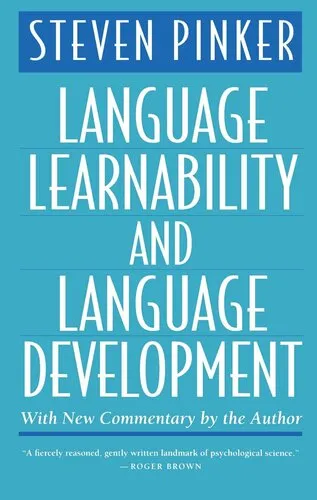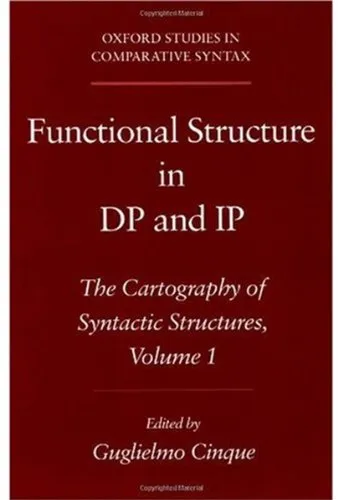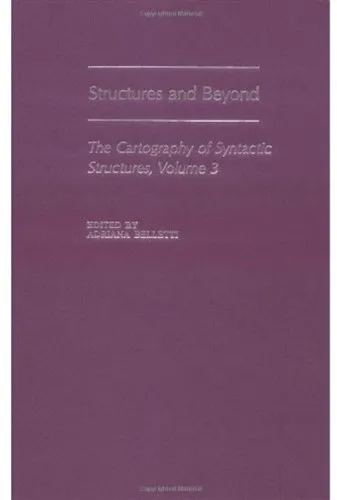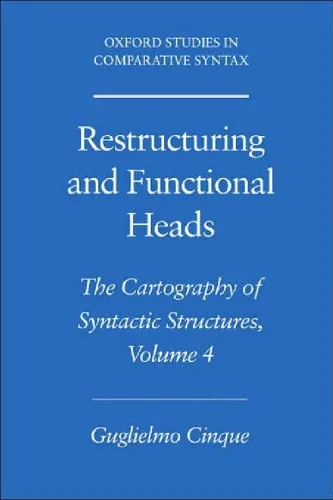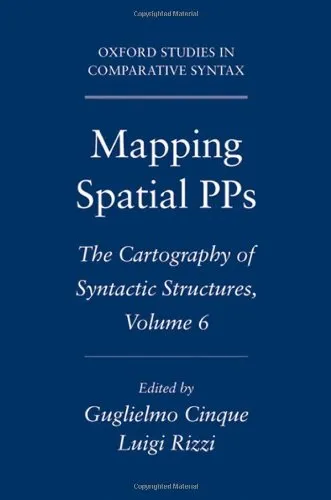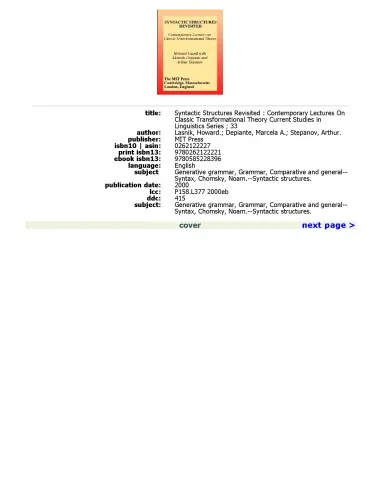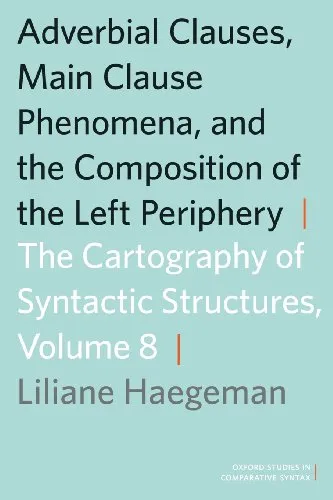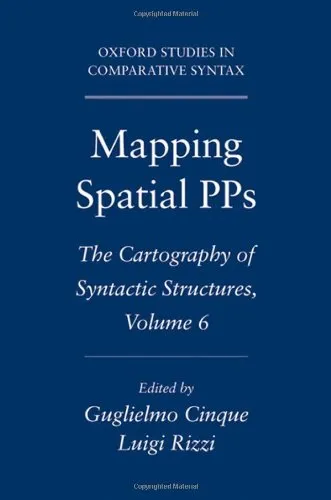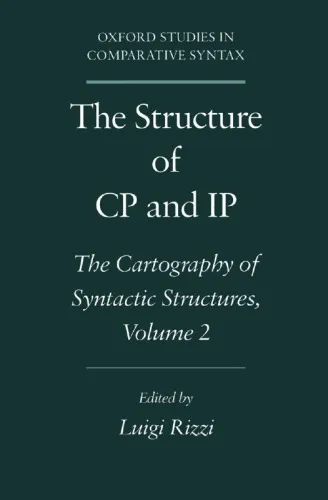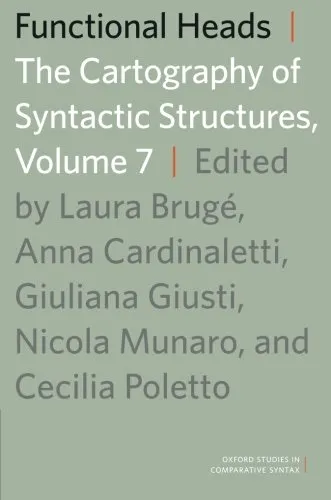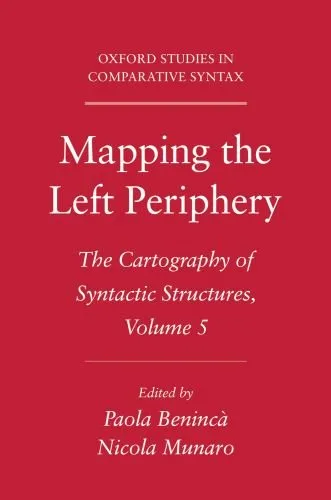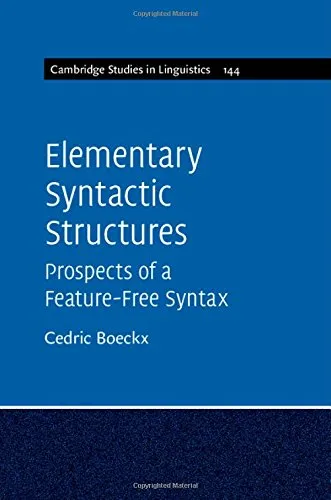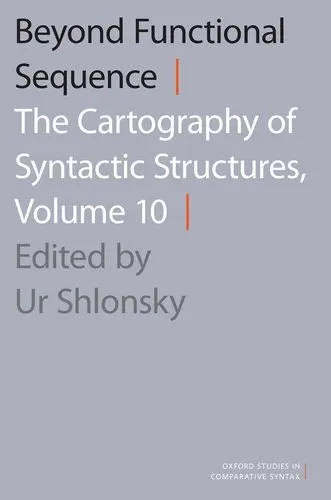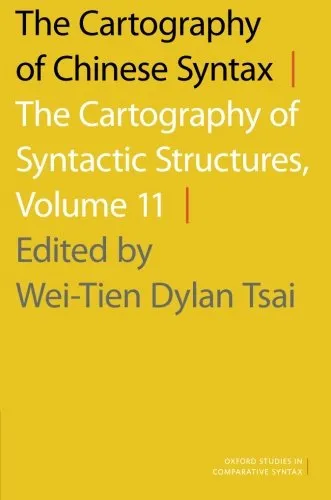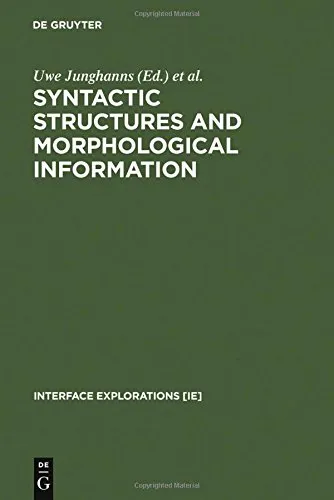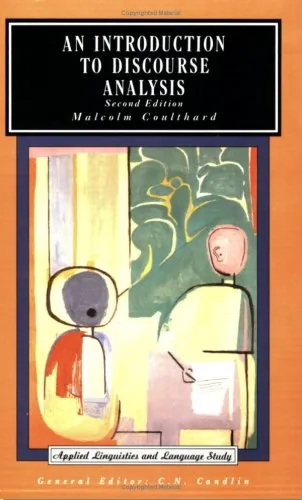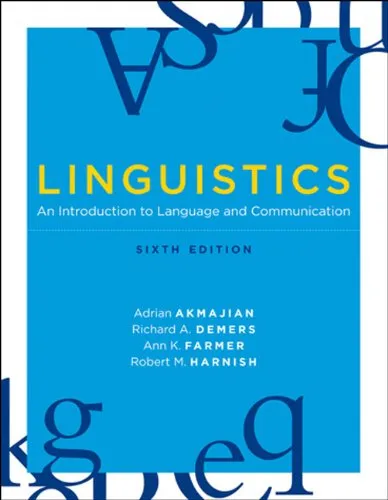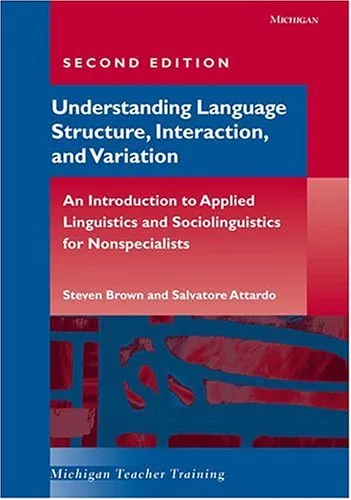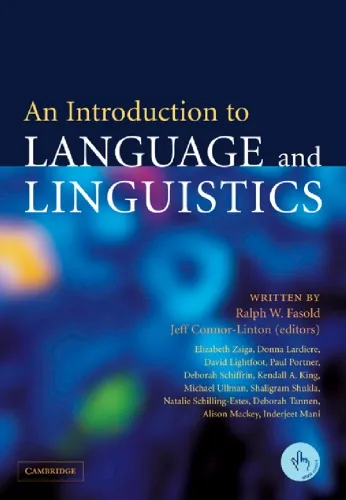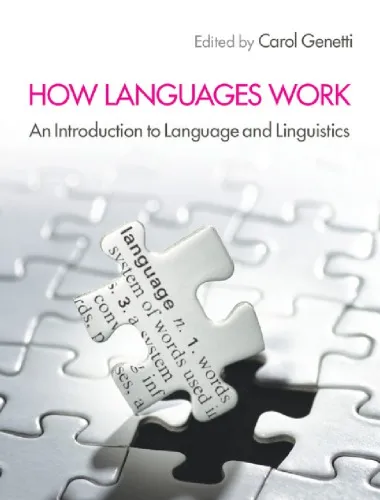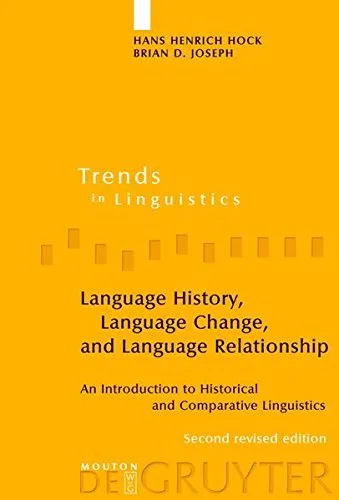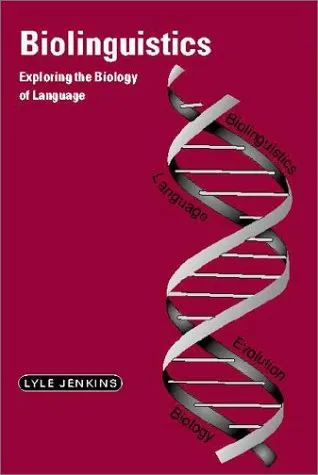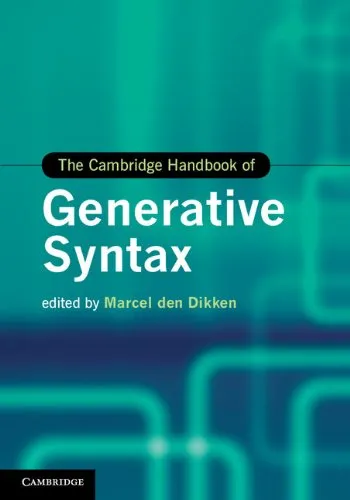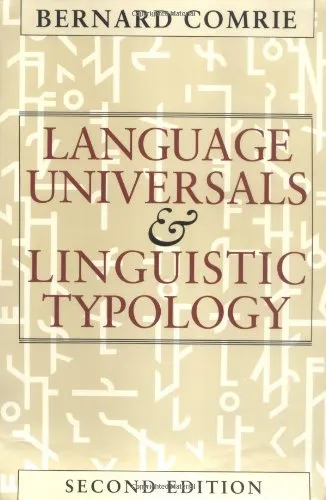Poverty of the Stimulus Revisited
4.0
Reviews from our users

You Can Ask your questions from this book's AI after Login
Each download or ask from book AI costs 2 points. To earn more free points, please visit the Points Guide Page and complete some valuable actions.Related Refrences:
Introduction to "Poverty of the Stimulus Revisited"
The concept of the Poverty of the Stimulus (POS) is a crucial cornerstone in the field of linguistics and cognitive science, shaping our understanding of how humans acquire language with seemingly limited exposure to comprehensive linguistic information. "Poverty of the Stimulus Revisited," written by Berwick Robert C., Pietroski Paul, Yankama Beracah, and Chomsky Noam, offers an in-depth analysis and fresh perspectives on this enduring concept. This book is a critical exploration of the intrinsic mechanisms that allow humans to develop language abilities that far exceed the input received from their environment, challenging conventional theories and offering new insights into language acquisition.
Detailed Summary of the Book
The core aim of "Poverty of the Stimulus Revisited" is to address the apparent mismatch between the linguistic data available to language learners and the complex, rich grammatical structures they ultimately acquire. This book serves as a sequel to earlier works discussing this paradox, refining the argument that the language input (stimulus) children receive is insufficient to explain the linguistic competence they develop.
The authors embark on a journey to revisit and scrutinize the original POS arguments, integrating contemporary research from cognitive science, computational linguistics, and biology. They propose that there is an innate linguistic capacity in humans, shaped by evolutionary processes, that supports language acquisition. By combining theoretical elaborations with empirical data, they illustrate how language learning transcends mere inductive reasoning from available stimuli.
The book also explores alternative theories, contrasting the innate view with other hypotheses like statistical learning models. The authors examine these models critically, underscoring areas where they fall short of explaining the full complexity of language acquisition. Through a rigorous critique, they propose a more nuanced understanding of linguistic competence as a combination of innate principles and interactional experiences.
Key Takeaways
- Language acquisition is facilitated by innate linguistic structures, not solely by environmental input.
- The limitations of stimulus data challenge traditional empirical views of language learning.
- New insights into the evolutionary development of language capacities are essential to understanding linguistic competence.
- The book reconciles different theoretical frameworks, proposing a synthetic approach to understanding language development.
Famous Quotes from the Book
"Language is not a cultural artifact that we learn in the way we learn to tell time, or how the federal government works. Rather, it is a distinct piece of the biological makeup of our brains."
"Our ability to comprehend and produce language is contingent on the complex interplay between innate cognitive architectures and the linguistic environment."
Why This Book Matters
"Poverty of the Stimulus Revisited" is significant due to its contribution to the ongoing conversation about how children acquire language and what that reveals about the human mind. In addressing fundamental questions about linguistic competence and the innate structures involved, this book challenges prevailing paradigms, inviting scholars to reconsider long-held beliefs.
Furthermore, the book's interdisciplinary approach, blending cognitive science, linguistics, and evolutionary theory, provides a comprehensive framework that offers new pathways for future research. It also stimulates critical thinking about the implications of language learning mechanisms on artificial intelligence and robotics, hinting at broader applications of these theories.
For those interested in the mysteries of the human mind, the mechanisms of language, and the frontiers of cognitive science, "Poverty of the Stimulus Revisited" is an essential read. It encapsulates the intellectual endeavors of its authors, pushing the boundaries of what it means to understand and replicate human language competence.
Free Direct Download
You Can Download this book after Login
Accessing books through legal platforms and public libraries not only supports the rights of authors and publishers but also contributes to the sustainability of reading culture. Before downloading, please take a moment to consider these options.
Find this book on other platforms:
WorldCat helps you find books in libraries worldwide.
See ratings, reviews, and discussions on Goodreads.
Find and buy rare or used books on AbeBooks.
2604
بازدید4.0
امتیاز0
نظر98%
رضایتReviews:
4.0
Based on 0 users review
Questions & Answers
Ask questions about this book or help others by answering
No questions yet. Be the first to ask!
